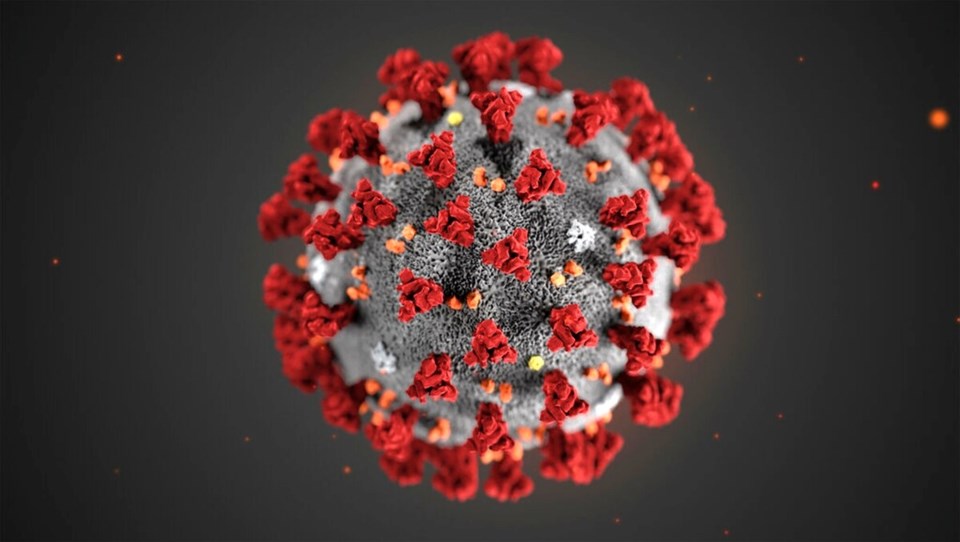Research led by University of Manitoba (U of M) professors found that Indigenous people are twice as likely than others to have difficulty meeting their financial obligations during the COVID-19 crisis.
A third of Indigenous Canadians surveyed lost their jobs early in the pandemic which is a higher proportion than people of colour, who were in turn more likely to lose their jobs than white Canadians.
Of Indigenous men between the ages of 18 to 34 who took the survey, 47 per cent reported having trouble paying their bills on time due to the pandemic.
“Early in the pandemic, some of the United States’ largest reservations were reporting major COVID-19 outbreaks,” said Kiera Ladner, a U of M Professor in Indigenous and Canadian politics.
“In Canada, the outbreaks on reservations followed shortly after. While the medical field can help us track the medical outcomes, our project focuses on the social, mental health and economic outcomes of Indigenous peoples, immigrants, refugees and the racialized communities.”
“COVID-19’s differential impact on the mental and emotional health of Indigenous Peoples and Newcomers: A socioeconomic analysis of Canada, US and Mexico” examines the socioeconomic impact of COVID-19 in North America with a focus on the experiences of Indigenous Peoples and newcomers.
When U of M received $671,332 in funding from the Canadian Institutes of Health Research in June 2020, the university’s team already had three months of survey data on COVID-19’s differential socioeconomic impact on Indigenous people.
Sample survey results also showed that Indigenous people are 31 per cent more likely than other groups to experience moderate-severe depressive symptoms.
Only a third of Indigenous people reported excellent or good mental health compared to 43 per cent of people of colour and 46 per cent of white Canadians.
“It is important people recognize that the pandemic affects other people differently, not only because they are Indigenous people, but also the fact that Indigenous people are sometimes located in more remote communities,” said Dr. Jasmine Thomas, the research’s postdoctoral fellow.
“These communities may have limited access to healthcare, so they have a greater risk of these negative outcomes.
The research is still ongoing and expects to conclude by fall. Research results will be presented weekly to federal government officials who can use the information to help design pandemic programs, as well as to First Nation and community organizations delivering services.
A web portal is under development to ensure that data is accessible to Indigenous communities and organizations.
Since it can be difficult to survey First Nation reserves with poor Internet service, interviews with some First Nation communities will be conducted to fill in the gaps and help answer questions raised by the survey results.
“At the end of the day, data matters. Indigenous nations need better data to create effective and meaningful policy,” said Ladner.
“Data is needed for all governments trying to respond effectively to this pandemic and to create good public policy. Data is needed for Indigenous peoples to hold governments accountable when they fail to act or when differentiated action is required.”
Ladner hopes that the research can be used to confront and destabilize the underpinnings of systemic racism in healthcare and to understand how systemic racism impacts COVID-19.
Nicole Wong is a Local Journalism Initiative reporter who works out of the Winnipeg Sun. The Local Journalism Initiative is funded by the government of Canada.




